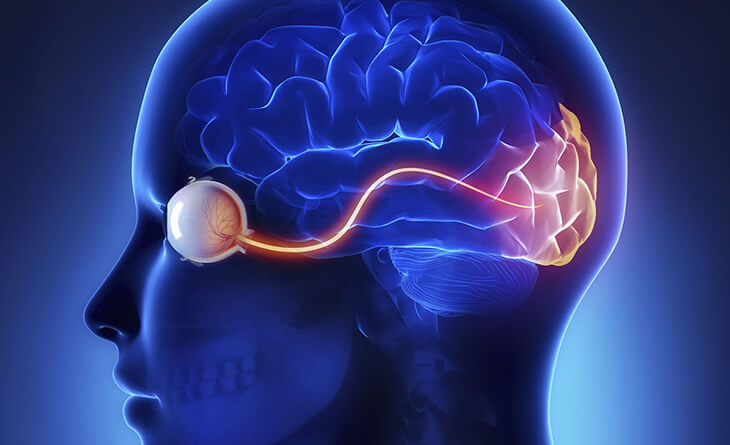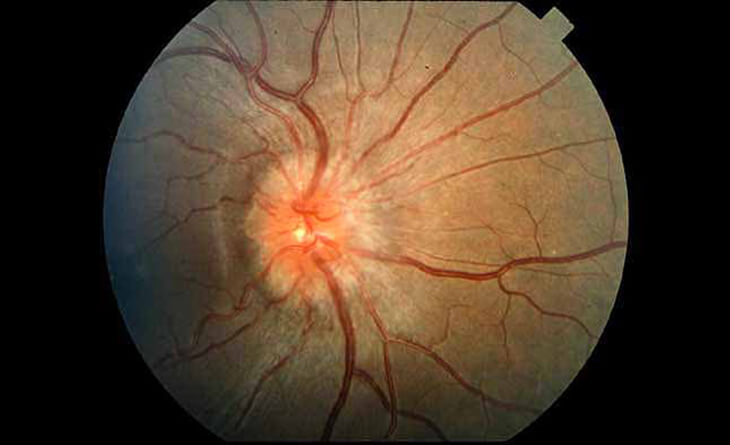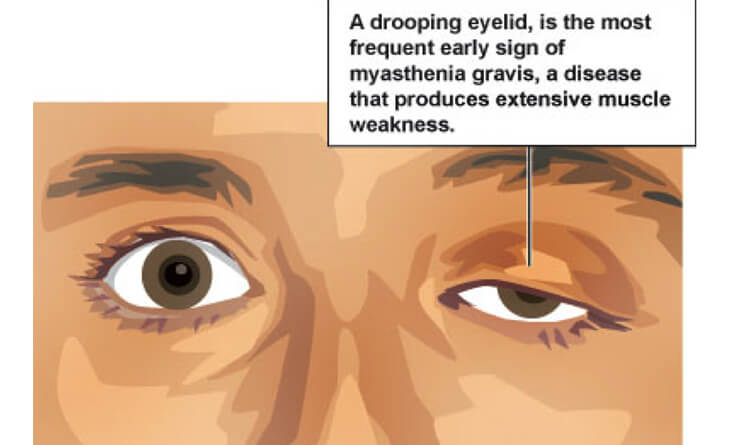Neuro Ophthalmology
Neuro ophthalmology is a super speciality that combines neurology and ophthalmology. It diagnoses and manages several complex nervous system problems that affect eye movement, alignment, vision, and pupillary reflexes. If you experience any of these problems, you need neuro ophthalmology treatment.
Dr Anisha Gupta’s extensive expertise as an ophthalmologist allows her to produce early diagnoses and exceptional results.

Different Neuro Ophthalmology Treatments Available
The brain sends signals to every part of your body, ensuring optimal functioning. Thus, when the nervous system gets compromised, you need immediate attention.
The optic nerve may fail due to numerous conditions, each of which have individual neurological causes and symptoms. The following treatments are most commonly offered.
Optic Neuritis Treatment
Optic neuritis refers to an inflammation or swelling that damages the optic nerve. This complication is often the first indication of multiple sclerosis (MS), a disease, causing inflammation and damage to your brain.
You must see an ophthalmologist immediately if you have the following symptoms:
If optic neuritis does not resolve itself, your neuro ophthalmology treatment option is intravenous steroid therapy.
Optic Neuropathy Treatment
Optic neuropathy involves optic nerve damage with a change in blood flow. When arterial inflammation (arteritis, generally associated with giant cell arteritis) blocks blood flow, the condition is arteritic ischemic optic neuropathy (AION). If there is no arteritis, it is non-arteritic ischemic optic neuropathy (NAION). NAION is seen in hypertensives and diabetic patients.
The symptoms of optic neuropathy include:
There is no neuro ophthalmology treatment to restore vision loss after AION and NAION. However, you can use steroid medication and full systemic evaluation to prevent this from happening in the other eye, and recover as much vision as possible.

Papilledema Treatment
Papilledema refers to the optic nerve swelling due to pressure build-up in or around your brain. It presents the following symptoms:
Once diagnosed, the neuro ophthalmology treatment for this disorder depends upon the cause of raised brain pressure. The treatment includes:
After diagnosing papilledema and uncovering the cause, Dr Gupta works with leading neurologists to improve your optic nerve’s health exponentially.
Ocular Myasthenia Gravis
Ocular myasthenia gravis is the breakdown of normal communication between the nerves and your eye muscles. Its symptoms include:
The neuro ophthalmology treatment options for this condition are:
Thymus gland tumours often cause ocular myasthenia gravis. Surgically removing it provides immediate improvement and relief.

Brain Tumours Affecting Vision
Brain tumours may cause optic disc swelling or pressure on the optic nerve. You should meet your ophthalmologist if you experience the following symptoms:
The neuro ophthalmology treatments you will undergo include:
These treatments help remove the tumour, reduce its size or stop its growth, all of which ease pressure on the optic nerve and help restore your vision.
Idiopathic Intracranial Hypertension (Pseudotumor Cerebri) Treatment
Pseudotumor cerebri or idiopathic intracranial hypertension refers to pressure increasing inside your skull for no apparent reason. Its symptoms include:
While the cause for pseudotumor cerebri remains unknown, it is believed to be a complication with the absorption of cerebrospinal fluid by the bloodstream. As a result, pressure builds and the fluid needs to be drained, or the absorption process needs some help.
Thus, the various neuro ophthalmology treatments available for this condition are:
Dr Anisha Gupta works in cognisance with leading neurologists to ensure you get high-quality treatments for your neuro ophthalmological concerns. As a leading ophthalmologist in Delhi, she employs a patient-centric approach in all her procedures to maximise comfort and ensure a successful recovery!
Contact us immediately if you experience any of the symptoms we listed here today!
